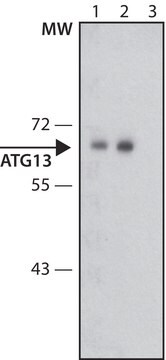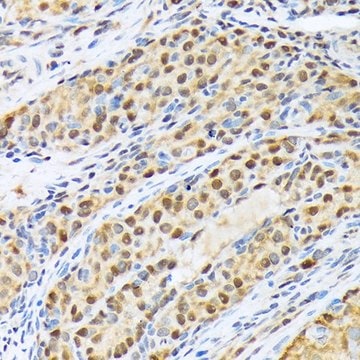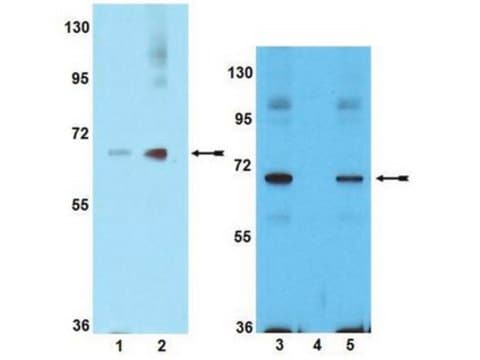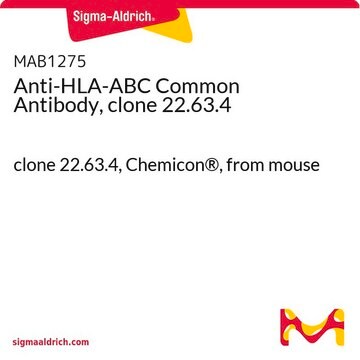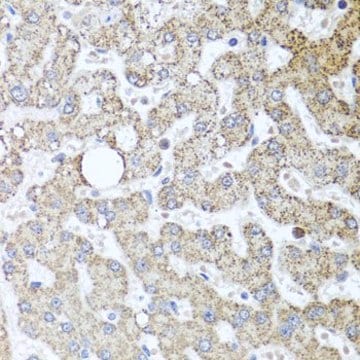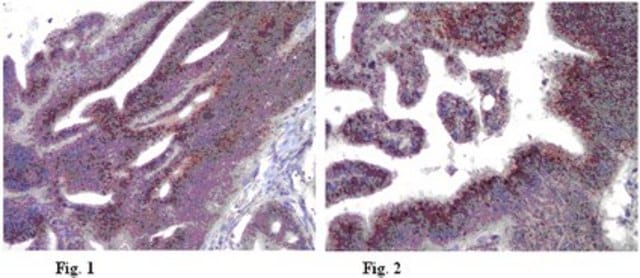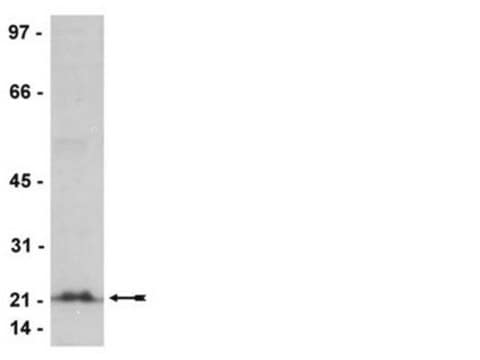SAB4200175
Anti-Atg101 antibody produced in rabbit
~1.0 mg/mL, affinity isolated antibody
Sinonimo/i:
Anti-Atg13-interacting protein, Anti-C12orf44, Anti-autophagy-related protein 101, Anti-chromosome 12 open reading frame 44
About This Item
Prodotti consigliati
Origine biologica
rabbit
Coniugato
unconjugated
Forma dell’anticorpo
affinity isolated antibody
Tipo di anticorpo
primary antibodies
Clone
polyclonal
Forma fisica
buffered aqueous solution
PM
~30 kDa
Reattività contro le specie
human
Concentrazione
~1.0 mg/mL
tecniche
western blot: 0.25-0.5 μg/mL using whole extracts of HEK-293T cells over expressing human Atg101
Condizioni di spedizione
dry ice
Temperatura di conservazione
−20°C
modifica post-traduzionali bersaglio
unmodified
Informazioni sul gene
human ... C12orf44(60673)
Categorie correlate
Descrizione generale
Applicazioni
- immunoblotting
- immunofluorescence
- immunopurification
Azioni biochim/fisiol
Stato fisico
Esclusione di responsabilità
Not finding the right product?
Try our Motore di ricerca dei prodotti.
Codice della classe di stoccaggio
10 - Combustible liquids
Punto d’infiammabilità (°F)
Not applicable
Punto d’infiammabilità (°C)
Not applicable
Certificati d'analisi (COA)
Cerca il Certificati d'analisi (COA) digitando il numero di lotto/batch corrispondente. I numeri di lotto o di batch sono stampati sull'etichetta dei prodotti dopo la parola ‘Lotto’ o ‘Batch’.
Possiedi già questo prodotto?
I documenti relativi ai prodotti acquistati recentemente sono disponibili nell’Archivio dei documenti.
Il team dei nostri ricercatori vanta grande esperienza in tutte le aree della ricerca quali Life Science, scienza dei materiali, sintesi chimica, cromatografia, discipline analitiche, ecc..
Contatta l'Assistenza Tecnica.